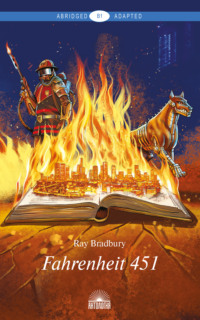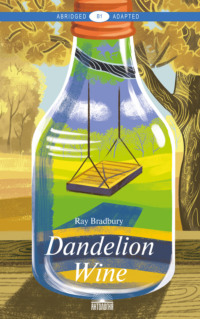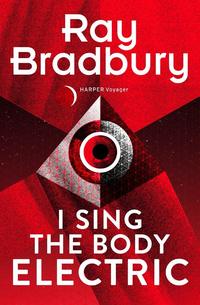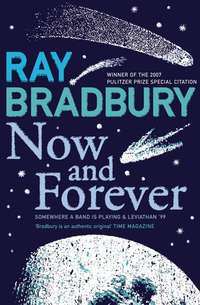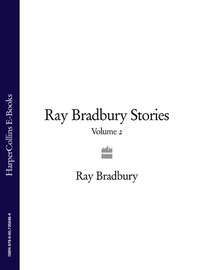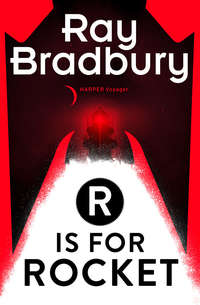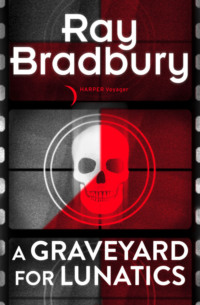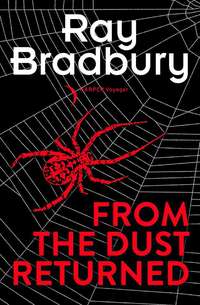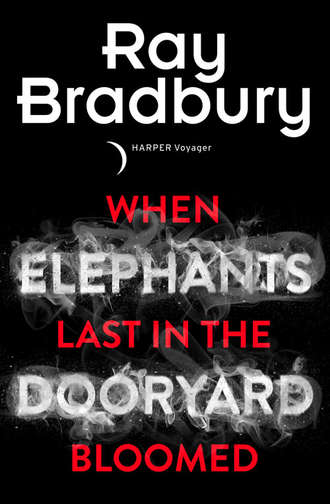
Полная версия
When Elephants Last in the Dooryard Bloomed
Of sea where fill the clouds with sighs;
His eyes knew what they saw but took their time to tell
This truth to him; he waited on their favor.
His nose kept worlds far larger than a goodly nose might savor
And waited for the proper place to fit the flavor in.
So eye and nose and ear and hand told mouth
What it must say;
And after a while and many and many a day
His mouth,
So full of Nature’s gifts, it trembled to express,
Began to move.
No more a statue in the field,
A honeybee come home to fill the comb,
Here Darwin hies.
Though to ordinary eyes it might appear he plods,
Victorian statue in a misty lane;
All that is lies. Listen to the gods:
“The man flies, I tell you. The man flies!”
Darwin, Wandering Home at Dawn
Darwin, wandering home at dawn,
Met foxes trotting to their lairs,
Their tattered litters following,
The first light of the blood-red sun adrip
Among their hairs.
What must they’ve thought,
The man of fox,
The fox of man found there in dusky lane;
And which had right-of-way?
Did he or they move toward or in or
On away from night?
Their probing eyes
And his
Put weights to hidden scales
In mutual assize,
In simple search all stunned
And amiable apprize.
Darwin, the rummage collector,
Longing for wisdom to clap in a box,
Such lore as already learned and put by
A billion years back in his blood by the fox.
Old summer days now gone to flies
Bestir themselves alert in vixen eyes;
Some primal cause
Twitches the old man’s human-seeming paws.
An ancient sharp surmise is melded here
And shapes all Dooms
Which look on Death and know it.
Darwin all this knows.
The fox knows he knows.
But knowing is wise not to show it.
They stand a moment more upon the uncut lawn.
Then as if by sign, quit watchfulness;
Each imitates the other’s careless yawn.
And with no wave save pluming tail of fox and kin
Away the creatures go to sleep the day,
Leaving old Charlie there in curious disarray,
His hair combed this, his wits the other way.
So off he ambles, walks, and wanders on,
Leaving an empty meadow,
A place
Where strange lives passed …
And dawn.
Evidence
Basking in sun,
Age 37, mid-Atlantic, on a ship,
And the ship sailing west,
Quite suddenly I saw it there
Upon my chest, the single one,
The lonely hair.
The ship was sailing into night.
The hair was white …
The sun had set beyond the sky;
The ship was sailing west,
And suddenly, O God, why, yes,
I felt, I knew …
So was I.
Telling Where the Sweet Gums Are
Even before you opened your eyes
You knew it would be one of those days.
Tell the sky what color it must be,
And it was indeed.
Tell the sun how to crochet its way,
Pick and choose among leaves
To lay out carpetings of bright and dark
On the fresh lawn,
And pick and choose it did.
The bees have been up earliest of all;
They have already come and gone
and come and gone again
to the meadow fields
and returned
all golden fuzz upon the air
all pollen-decorated, epaulettes at the full,
nectar-dripping.
Don’t you hear them pass?
hover?
dance their language?
telling where the sweet gums are,
The syrups that make bears frolic and lumber in bulked ecstasies,
That make boys squirm with unpronounced juices,
That make girls leap out of beds to catch from the corners of their eyes
Their dolphin selves naked
aflash
on the warm air
Poised forever in one
Eternal
Glass
Wave.
Emily Dickinson, Where Are You? Herman Melville Called Your Name Last Night in His Sleep!
What did he call, and what was said?
From the sleep of the dead, from the lone white
Arctic midnight of his soul
What shy albino mole peered forth and gave a cry?
Or was it just the wind asifting through the winter screens
Upon the attic windows
Where the dust looks out at dew on empty lawns?
Or did the dawn mist find a tongue
And issue like his mystic seaport tides
From out his mouth while, all-unknowing, drowned, he slept
And dreamed on … Emily?
O what a shame, that these two wanderers
Of three A.M. did not somehow contrive
To knock each other’s elbows drifting late
On sidewalks-vast inhabited by only leaves
And mice and tracks of silver from lost hieroglyphic snails.
How sad that from a long way off these two
Did not surprise each other’s ghosts,
One sailing lawns, the other ocean storms,
Strike up a conversation out of single simple words,
Alarms repeated and re-echoed, and so make up a life
From halves which separated long before the oceans rolled
Still sought each other, but in different towns.
Un-met and doomed they went their ways
To never greet or make mere summer comment
On her attic mothball or his sea-dog days.
Death would not stop for her,
Yet White graves yawned for him,
Each loved one half of that which, grim, enticed and beckoned,
Yet neither reckoned it as half a life for each;
With sudden reach they might have found
Each other and in meld and fuse and fusion
Then beheld between the two, two halves of loving Life,
And so made one!
Two halves of sun
To burn away two halves of misery and night,
Two souls with sight instead of tapping
Long after midnight souls skinned blind with frost,
Lost minds turned round-about to flesh,
Instead of lonely flesh, for lack of company,
Alone with mind.
But, then, imagine, what does happen when some ghost
Of quiet passes and in passing nudges silence?
Does his silence know her vibrant quiet there
All drifting on the walk with leaves and dust?
It must. Or so the old religions say.
Thus forests know themselves and know the fall
Of their own timbers dropping in the unseen,
And so non-existent, wood;
Such things should hear themselves
And feel, record, and ridge them in their souls—
And yet … ?
I really wonder if some night by chance
Old Herman and that lost and somehow always old dear Emily
Out late and walked five hundred miles in dreams
Might not have made some lone collision
At a crossroads where the moon was lamp
And trees were winter sentry to their soft encounter there.
One pale gaze finds the other,
One blind hand stutters forth to reach and touch the air,
His wry hand comes the other way,
So frail the night wind trembles it,
Both shake as candles shake their fires
When old time turns ashuttle in its sleep.
The houses keep their shutters down.
The moon expires. The sidewalk ghosts remain
And, touching palms, at last walk almost but not quite
Arm in arm, soul hungering soul, away, away
Toward loss of midnight, toward gain of fog and mist
And day.
So walk they round the buried town all night.
Seeing their spectral shadows in the cold shop window glass,
Bleak mariner and odd mothball closet attic maiden lass.
No word they speak, nor whisper, nor does breath
Escape their nostrils, but they share
A strange new sense of being, everywhere they wander, go.
No thought, no word is said of dining,
Yet in the middle of a midnight pond of grass they do
Toss down their souls
And bring some wild thing up that writhes and gasps
And dances in their arms and is all shining.
Then on through night the love-drunk strangers browse
And in conniption clovers do their fevers douse.
Thus round the courthouse square
Конец ознакомительного фрагмента.
Текст предоставлен ООО «ЛитРес».
Прочитайте эту книгу целиком, купив полную легальную версию на ЛитРес.
Безопасно оплатить книгу можно банковской картой Visa, MasterCard, Maestro, со счета мобильного телефона, с платежного терминала, в салоне МТС или Связной, через PayPal, WebMoney, Яндекс.Деньги, QIWI Кошелек, бонусными картами или другим удобным Вам способом.


